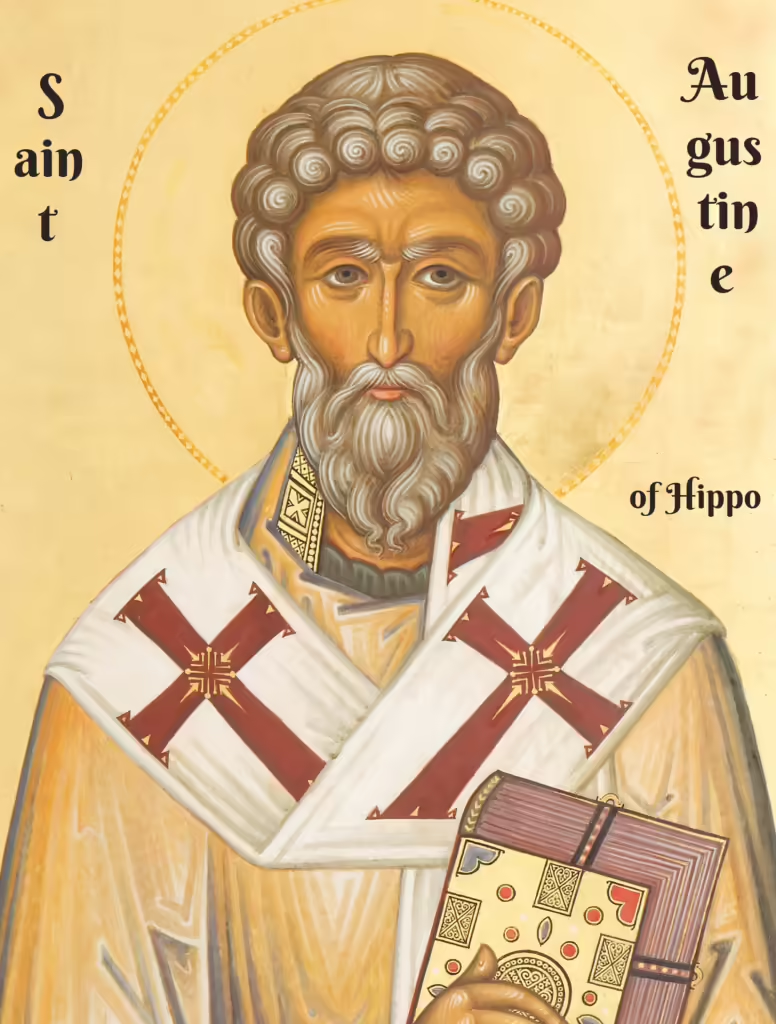After the fall of the Western Roman Empire, the Ostrogoths controlled most of what would be modern-day Italy. They were led by the relatively enlightened king Theodoric from 493-526. Theodoric even tried to keep the Roman culture and customs alive, and preserve some sort of hierarchy. The Vandals claimed most of the Roman colonies in North Africa. Unlike the Ostrogoths, who treated the former Romans fairly, the Vandals ruled with an iron fist, killing out many of the old Romans living in North Africa. Under their ruler Genseric (428-477), the Vandals murdered hundreds of Christians before being defeated in battle by the Byzantine Emperor Justinian in 533.
In 493, Theodoric, the leader of the Kingdom of the Ostrogoths, declared himself the “King of Italy.” However, the Goths and Christians resisted the Ostrogoth oppressors, and the Byzantine Empire invaded and conquered Italy in the 560s. Soon, the barbarians, who were previously pagan, converted to Christianity, making much of France, Germany, and Britain Christian.
Even after Rome fell, it continued to influence Europe for centuries, in literature, language, and government. Many European languages, such as French, Spanish, Italian, Portuguese, and Romanian, came directly from Latin. Rome also helped preserve Greek architecture, art, and philosophy. Amazingly, the ruins of Roman roads, bridges, aqueducts, and dams still stand today throughout Europe.
Originally a manichaeist, Saint Augustine (354-430) believed that he was trapped in a world of evil. Augustine wanted to know the origin of human thought, and the reason for the good and evil. In 386, Augustine converted to Christianity and was baptized by the bishop St. Ambrose of Milan. Between 397 to 398, Augustine wrote his book “Confessions,” which continues to be a studied Christian book. In “Confessions,” Augustine stated that original sin affects everyone, and we need to turn to God in order to be saved from this punishment. The ultimate moral perfection is to find God, he explained, and the ultimate sin is to turn away from God. By the 6th century Western Europe became more Christianized, due to the influence of Saint Augustine and other christian scholars during the early Middle Ages.



You must be logged in to post a comment.